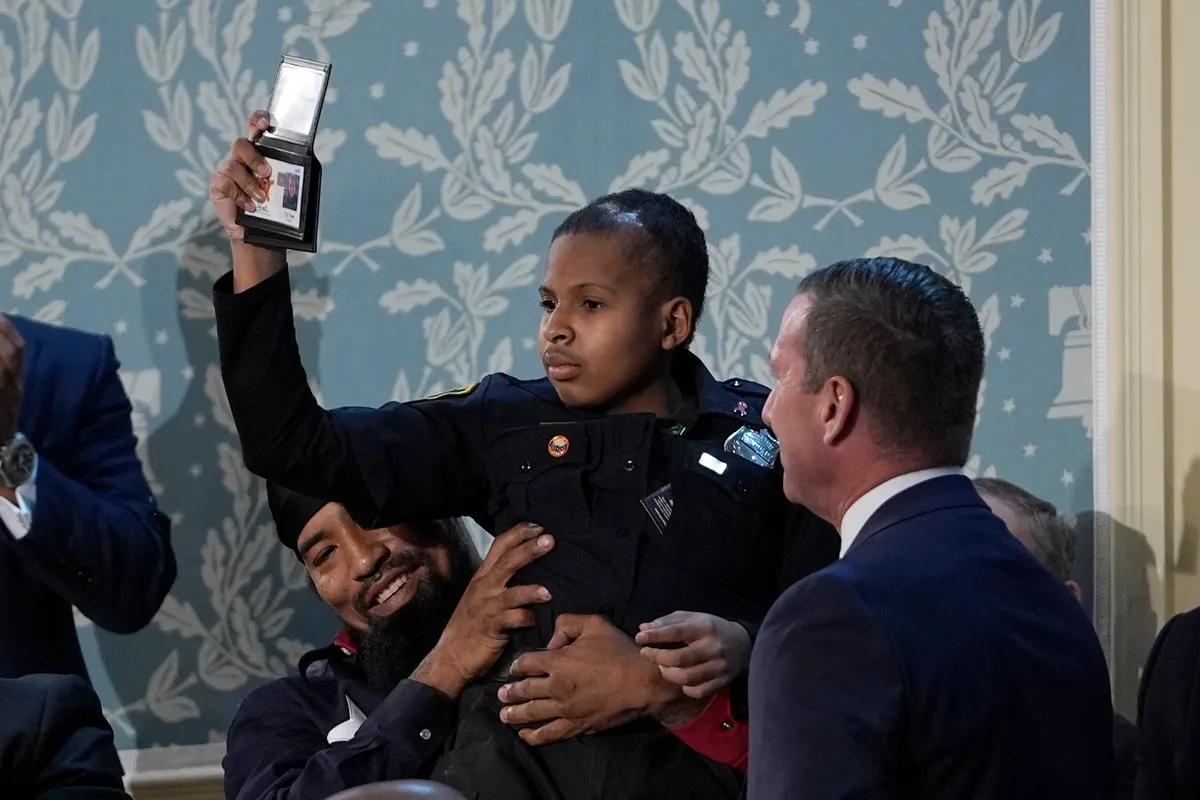The Trump administration’s recent decision to cut over $1 billion in National Institutes of Health (NIH) grants has ignited a nationwide debate over the future of cancer research in the United States. These cuts, which have affected approximately 1,800 ongoing research projects, are part of a broader initiative to reduce federal expenditures and realign scientific priorities.
Impact on Cancer Research
Among the affected projects are several focused on breast cancer, including studies aimed at developing new treatments and understanding the genetic underpinnings of the disease. Experts warn that these cuts could delay the development of life-saving therapies and hinder progress in the fight against cancer. The National Cancer Institute (NCI), a key player in cancer research, has been particularly impacted, with significant reductions in funding for both basic and clinical research initiatives.
Legal Challenges and Institutional Responses
The decision to cut NIH grants has faced legal challenges from various institutions and advocacy groups. A federal judge recently ruled that the administration’s actions violated the Impoundment Control Act, which prohibits the executive branch from withholding congressionally approved funds without congressional approval. Despite this ruling, the administration has indicated plans to appeal the decision, leaving the future of these grants uncertain.
Institutions affected by the cuts, including major cancer centers and universities, have expressed concerns about the long-term implications for research and patient care. Many researchers fear that the funding freeze will lead to delays in clinical trials and the loss of valuable scientific talent.
Broader Implications for Public Health
Beyond cancer research, the funding cuts have raised alarms about the administration’s approach to public health and scientific inquiry. Critics argue that the reductions disproportionately affect research on diseases that predominantly impact marginalized communities, including LGBTQ+ health and mental health disorders. The Department of Health and Human Services (HHS) has defended the cuts, stating that they are part of an effort to prioritize “evidence-based science” and eliminate what it deems as politically motivated research.
Looking Ahead
As the legal battles continue, the scientific community remains on edge, uncertain about the future of federal support for cancer research. Advocacy groups and researchers are calling for a restoration of funding and a renewed commitment to scientific integrity and public health. The outcome of these challenges could have lasting effects on the landscape of biomedical research in the United States.















Leave a Reply